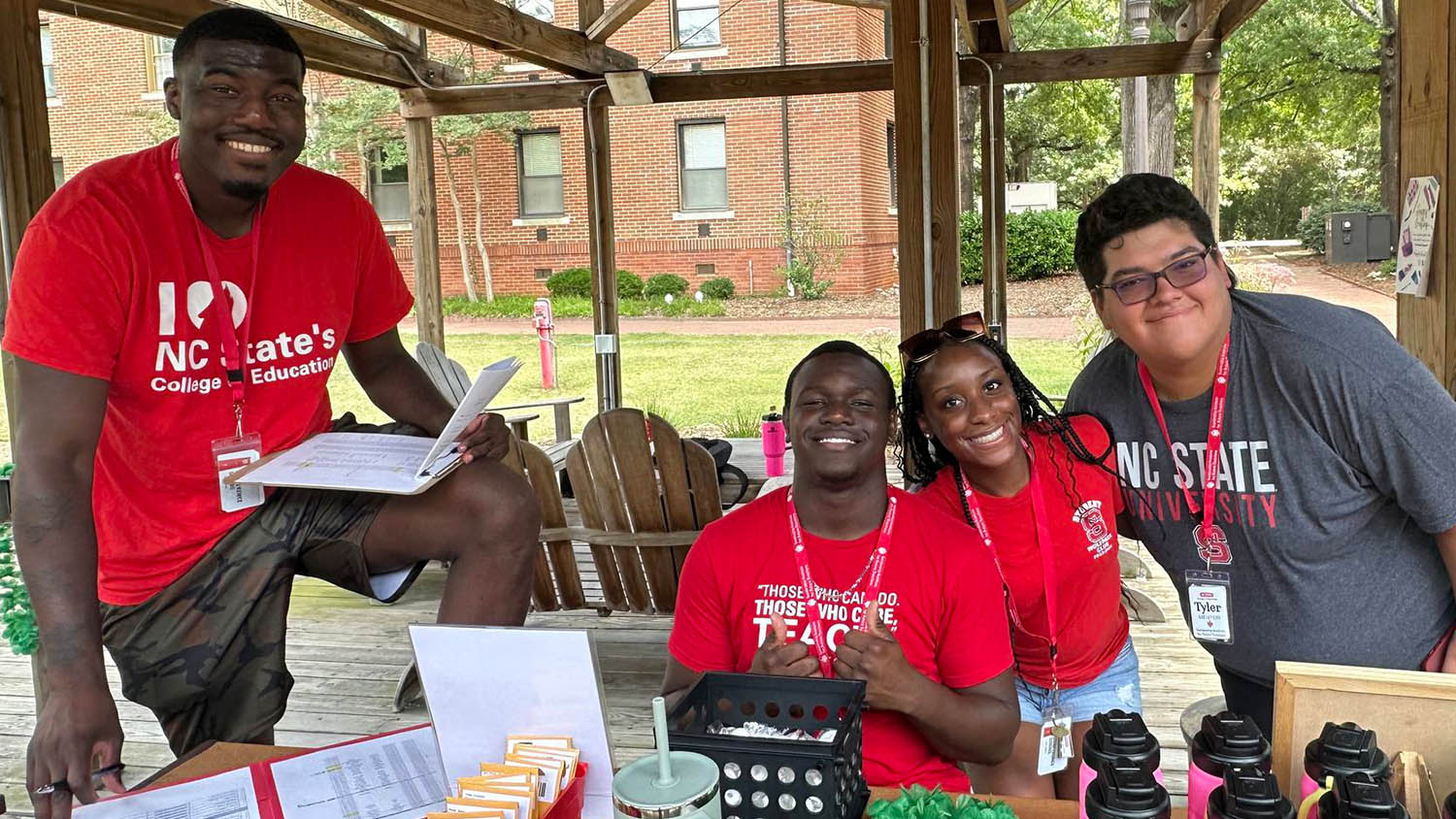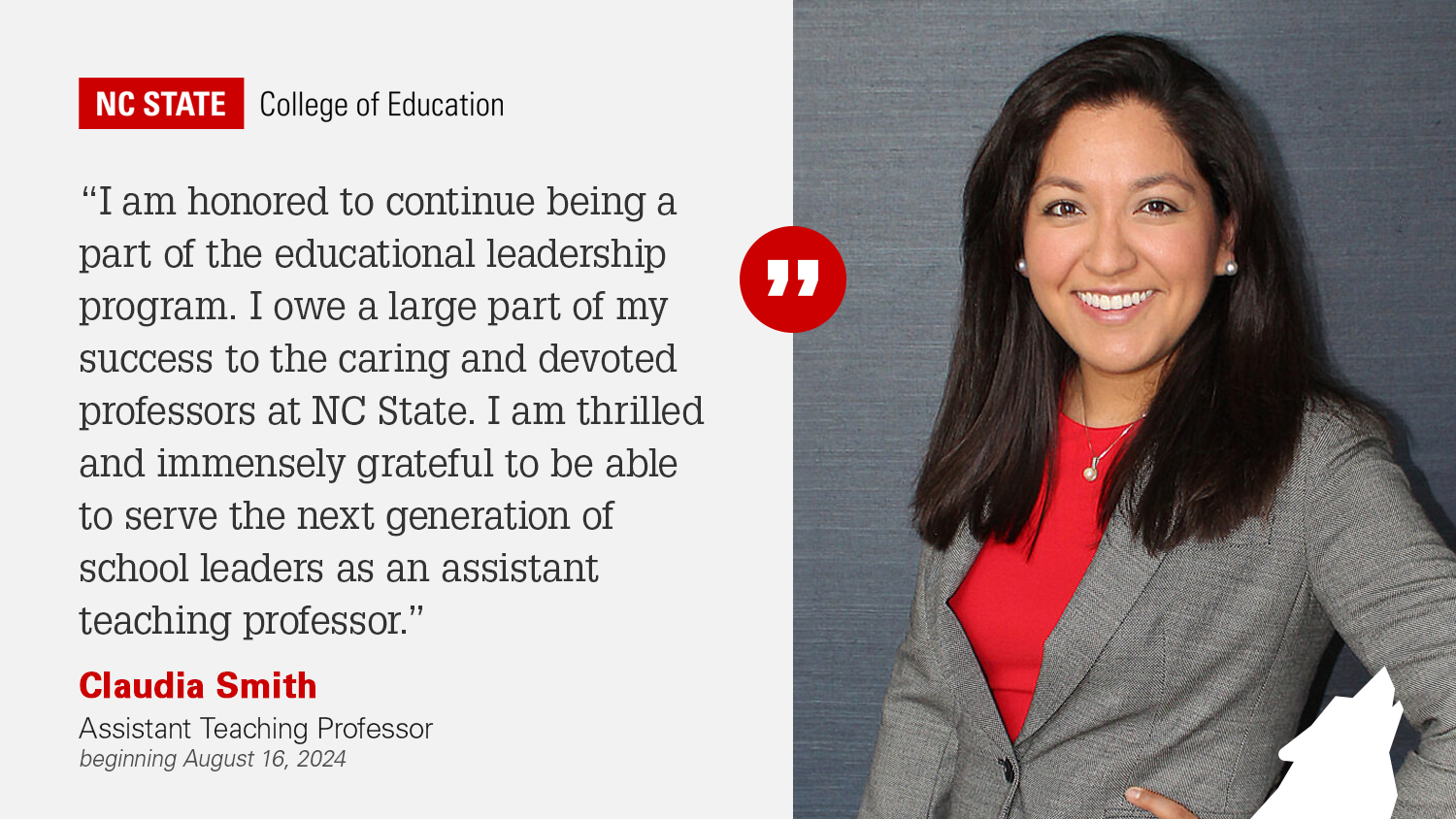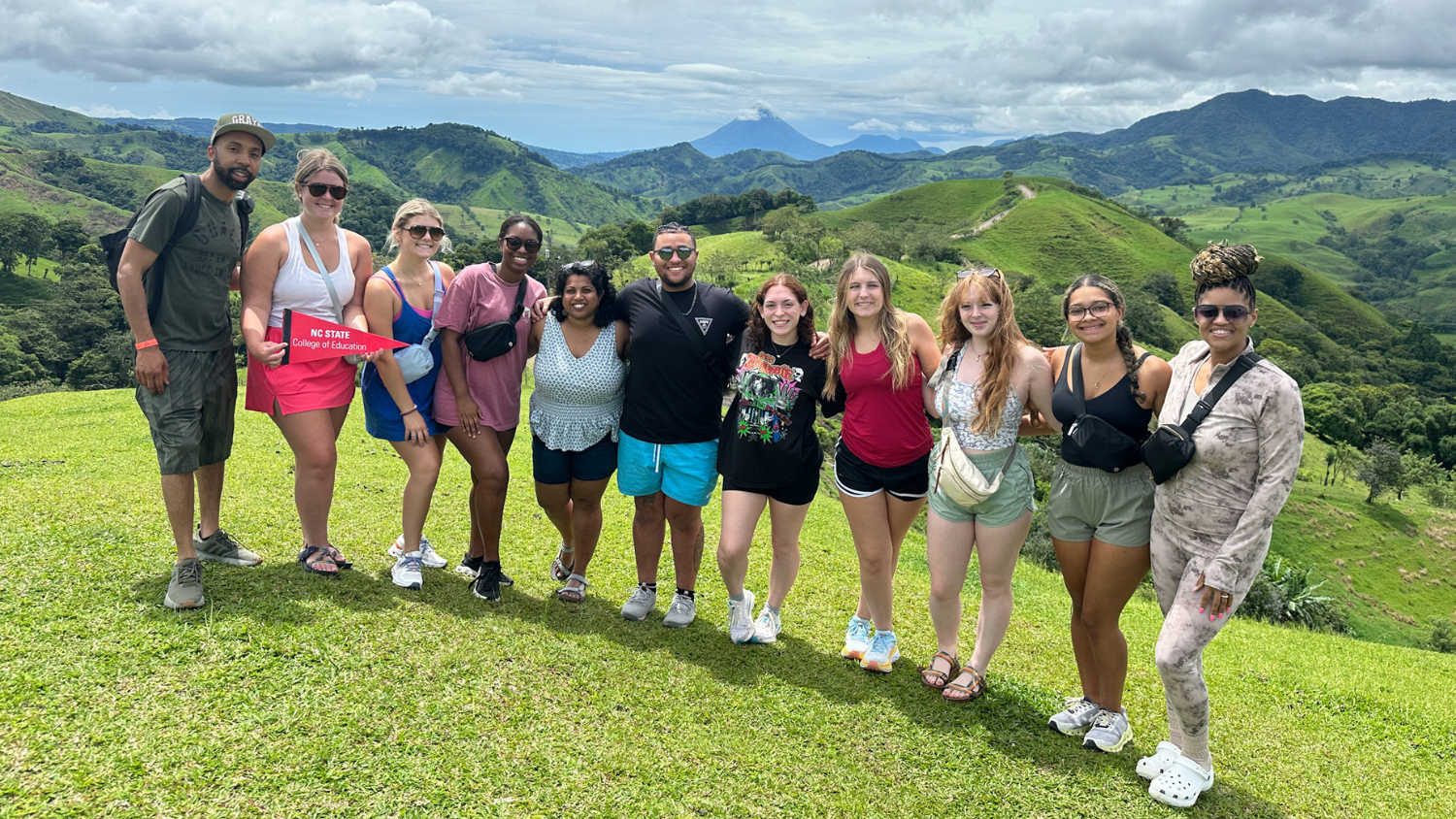5 Questions With . . . Wayne Lewis ’09 PHD on Public Education
Wayne Lewis ’09 PHD spends his days looking for ways to ensure every child in Kentucky has access to free, appropriate and high-quality education. Lewis, who assumed the role of interim commissioner of education for the state earlier this year, talks about his goals for public education in Kentucky and how his experiences as a student growing up in New Orleans inspire him as an education policy leader.
What do you want to accomplish as Interim Commissioner of Education for Kentucky?
We have a number of top priorities. Top among those include revising Kentucky high school graduation requirements to ensure that our graduates across the state are prepared for success in postsecondary education and/or the workforce, aggressively attacking Kentucky’s skills gap by increasing the number and percentage of our graduates earning industry-recognized certifications, diplomas, and degrees; particularly in Kentucky’s top five high demand workforce sectors; aggressively attacking racial/ethnic and socioeconomic achievement gaps; reducing bureaucracy for school and district leaders, and increasing the school and program options available to students and parents.
How did the NC State College of Education’s Educational Evaluation and Policy Analysis program prepare you for the work you are doing now?
It was during my PhD program that I had the opportunity to transition from an education practitioner into a policy researcher and postsecondary instructor. My coursework and assistantship provided me with the opportunities to grow as an education policy scholar and as a postsecondary instructor. As a doctoral student, I had the opportunity to work for the first time with preservice teachers, an experience that confirmed I wanted to pursue a career in higher education.
In your May 2018 video to Kentucky parents, you shared you chose education to make a difference in the lives of children. How does making a difference in the lives of children through education make the world a better place?
I continue to believe that there are very few things government does or can do that is as important as ensuring the citizens, regardless of their background, have access to a high-quality education. Unfortunately, that’s an area where we often fail. For too many children, the quality of education available to them is dependent on their parents’ income. I believe fully realizing our potential as a nation is dependent on our finding a way to ensure that every child, regardless of background or disability status, has the opportunity to receive a free and appropriate public education.
How did your worldview (or upbringing) impact your decision to become an educator?
I have had incredible personal and professional opportunities throughout my life, and I owe much of what I’ve been able to accomplish to my education. For me, growing up in the city of New Orleans in a working-class neighborhood, the traditional public schools I would have attended were not high-quality schools. My parents and grandparents made significant sacrifices to allow me to attend Catholic schools. I am incredibly thankful for their sacrifices and what those sacrifices yielded for me, but they shouldn’t have had to make those kinds of sacrifices to ensure I got a good education. If it had simply been their desire for me to have a Christian education, coming up with thousands of dollars every year for tuition would have made sense. But in America, parents ought to be able to send their children to their local public school and be assured they will receive an adequate education. A high-quality local district school was not available for me, unfortunately. And today, high-quality local district schools are not available for many young people.
What are the ways that current teachers can advocate for the profession and encourage their students to want to pursue the same career path?
One of the ways I’ve taken on this challenge has been encouraging bright and passionate young people to consider education as a profession. As well, I find myself more and more encouraging passionate and successful adults in other careers to consider education as a second career. Throughout most of American history, we have not considered ways to intentionally recruit people into the teaching profession. That’s one element that has to change if we are to successfully change the profession.
- Categories:


